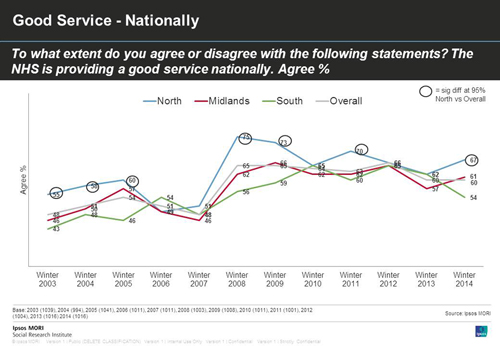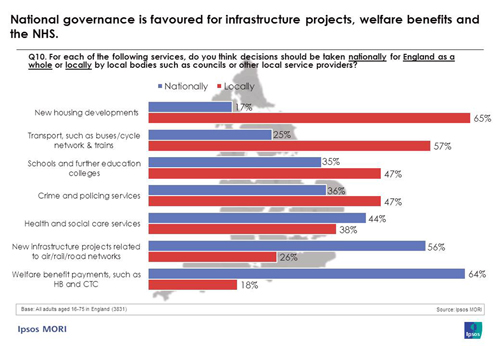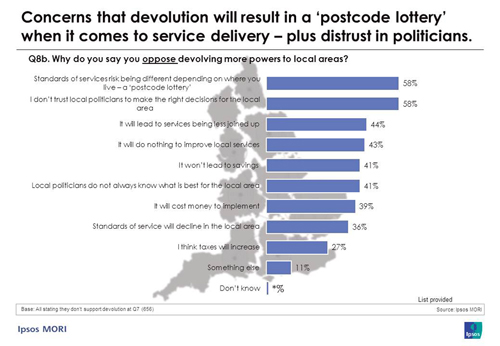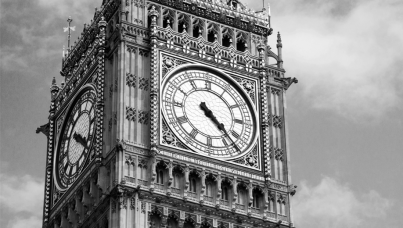NHS: A healthy devolution?

In the run up to the spending review, it has been announced by the Chancellor that the Department of Health would once again be spared the budget cuts affecting its fellow government departments. However, even with the pledge of year on year increases in budget, there is a stark warning from the Head of NHS England, Simon Stevens, as he believes such funding arrangements will not provide a ‘workable’ solution for the NHS.
It is therefore with great interest that we look toward the arrangements which are being put in place by the Greater Manchester Combined Authority. This forerunner of the devolution revolution has signed an agreement allowing it to develop a framework for the devolution of health and social care responsibilities, giving them direct, local control of a £6 billion budget.
Whilst devolving power to the regions is being enthusiastically embraced by George Osborne, it is perhaps worth pausing to consider the general public’s perspective, particularly when it comes to this cherished institution. We know for example that the NHS and healthcare generally are second only to immigration in what the general public see as being the top issue facing Britain today.
The Ipsos/Dept of Health perceptions of the NHS tracker has been delivered every year for the past 15 years and there are currently inconsistencies between the views of the quality of NHS provision across the country. It is true that this may be a reflection of different population profiles rather than variations in service quality, but at a regional level, residents in the North of England are often more likely than others in England to agree that the NHS is providing a good service nationally.

The same question was asked of local service provision, and whilst the results are less erratic by region, in the most recent survey, there is still a ten percentage point gap in agreement that local NHS services are good between the most and least positive regions.

So is devolution the best way to balance the books and improve services so that there are fewer regional inconsistencies?
We know from our most recent devolution poll that the general public is split as to whether health & social care services should be placed under local control. As can be seen, only new infrastructure projects and welfare benefits are more likely to garner greater support for national governance.

It is not that the public do not support the principles of devolution, indeed, almost half in our poll (48%) state that they generally support giving more decision making powers to local areas compared to 17% who oppose such a move.
But there are some key concerns for those who oppose devolution. Primarily, the belief that good service provision will become a postcode lottery and that local politicians cannot be trusted to make the right decisions about their local area (58% voice each concern). Interestingly, for those who support devolving more powers it is the local accountability which is the key driver rather than the belief that there will necessarily be service improvements.

Indeed when both supporters and opponents were asked, the majority of respondents to our poll believe public service standards should be equal no matter where they live. It is also worthy of note that around one quarter of respondents have yet to make up their minds.



